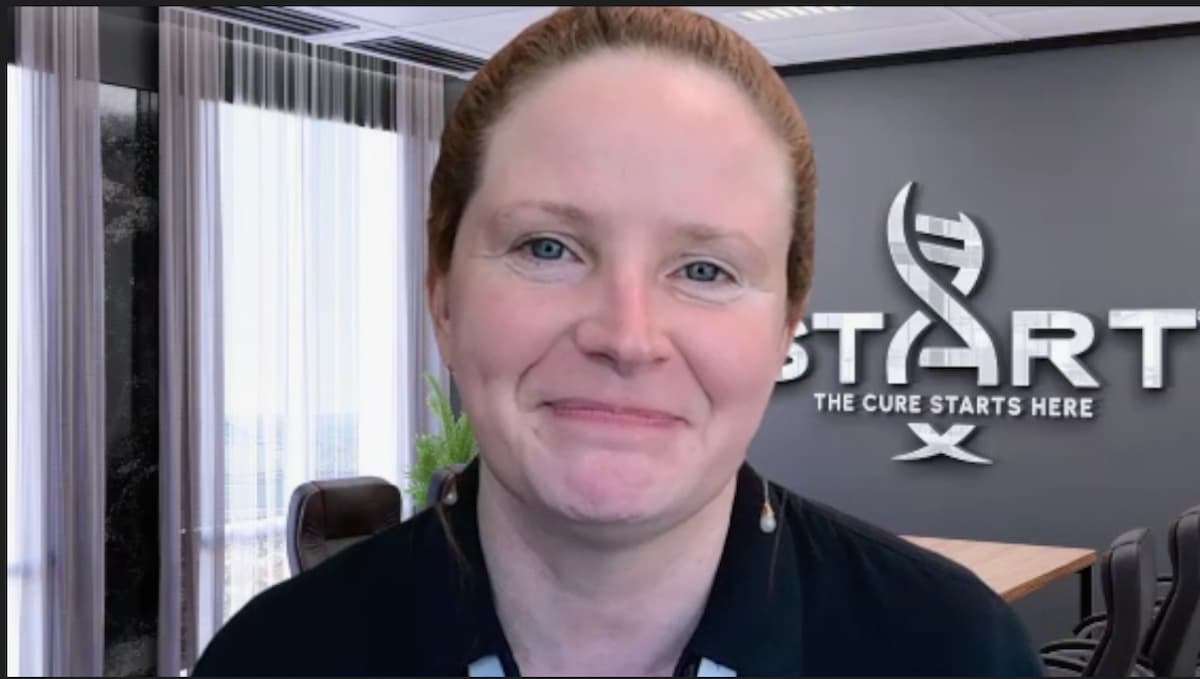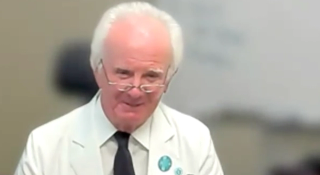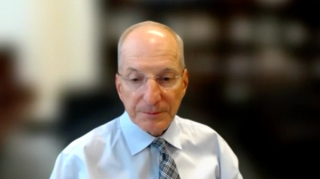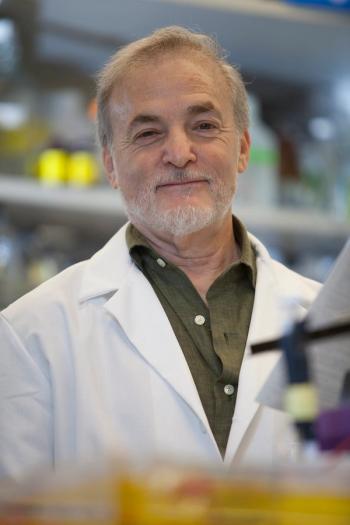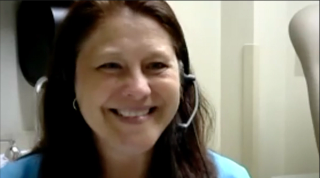
Oncology
Latest News
Latest Videos

Podcasts
CME Content
More News

The expertise of START's network may streamline the availability of clinical trial enrollment and novel treatment options among patients with cancer.

A new START center in New York may give patients with advanced malignancies an opportunity to access novel therapies in the community setting.

START is the largest early-phase oncology network in the community-based setting, according to Geraldine O’Sullivan Coyne, MD, PhD, MRCPI.

The 2025 National ICE-T Symposium gave oncology experts an opportunity to share ideas regarding the administration of cellular therapies.

The intravenous formulation of tocilizumab-anoh for CRS is expected to launch in the US on August 31, 2025.
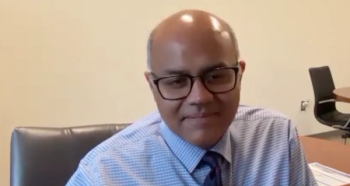
Epistemic closure, broad-scale distribution, and insurance companies are the 3 largest obstacles to implementing new peritoneal surface malignancy care guidelines into practice.
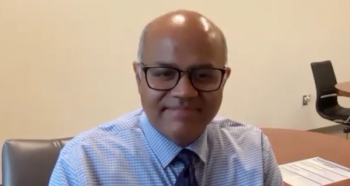
“This is something where this is written by the trainees, for the trainees, and, of course, for all the other clinicians who take care of patients,” said Kiran Turaga, MD, MPH.

These new guidelines aim to alleviate some of the problems caused by patients with peritoneal metastases being diagnosed with the disease in late stages.

A recently published study showed that a multicancer early detection blood test was able to identify cancer 3 or more years before a diagnosis.

The 2025 ASCO Annual Meeting showcased groundbreaking oncology research and treatments, fostering collaboration among leading experts in the field.
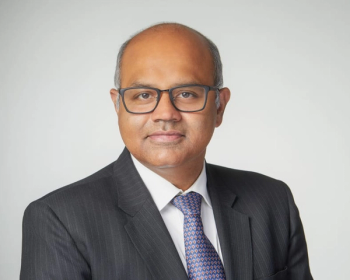
The new guidelines relied on trainees to bring new energy and ideas to advance the landscape of care for peritoneal surface malignancies.
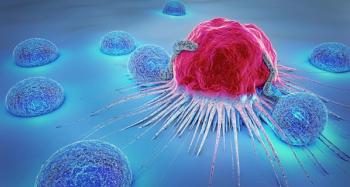
EU approval of the agent is based on results from the phase 2b ReNeu trial, which met its primary end point of confirmed objective response rate in NF1-PN.
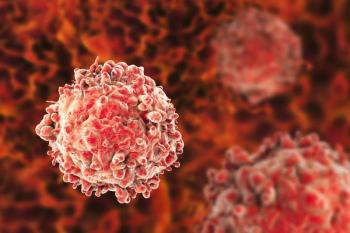
Investigators are evaluating ZEN-3694 in combination with abemaciclib or cisplatin/etoposide across 2 clinical trials in NUT carcinoma.

“Developments that take high-dimensional data and come up with interpretable insights…are going to play an increasing role,” says Smita Krishnaswamy, PhD.

The 2 denosumab biosimilars previously received FDA approval for select patients with multiple myeloma, solid tumor bone metastases, and osteoporosis.
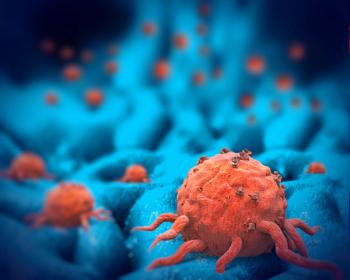
Investigators of the phase 2 PEVOsq trial identify PD-L1 positivity and HPV positivity as predictive biomarkers of response to the pembrolizumab regimen.

Final data from the phase 3 ENLIVEN trial demonstrate long-term tumor responses and a consistent safety profile with pexidartinib.

Among 287 patients across multiple solid tumor indications, YL201 had an objective response rate of 40.8%, with a disease control rate of 83.6%.

A group of clinicians gives study advice on how to best prepare for the medical oncology board examinations.

Findings from a WeCanWork study showed that men who work laborious jobs need additional support during and after cancer treatment.

As AI revolutionizes cancer care by enhancing diagnosis, treatment, and clinical trial matching, it may lead to improved patient outcomes and streamlined workflows.

In those being screened for hereditary breast and ovarian cancer syndrome, use of a video tool improved the duration of physician-led genetic counseling.

The Adventist Health Study results found that patients who were vegetarians had a lower risk of medium-frequency cancers.

68Ga-FAPI-46 PET’s SUVpeak was highest in patients with pancreaticobiliary cancer, sarcoma, lung cancer, and esophageal/gastrointestinal cancer.
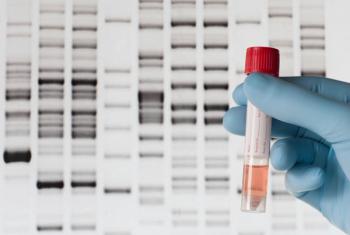
PATHFINDER 2 data build upon bolstered cancer detection rates by the multicancer early detection test found in a previously published PATHFINDER study.






